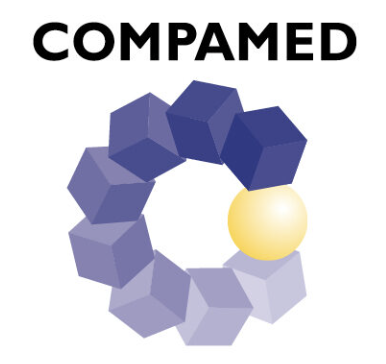- Stainless Steels The most commonly used material for medical wire forms and coils is without doubt 304 Stainless Steel and in particular the Vacuum Arc Remelted version 304V which contains few impurities. It is also among the cheapest materials available. Surfaces for small diameter wire are bright and shiny and roughness can be below 5 RMS if the material supplier is drawing the wire through Single Crystal Natural Diamond dies. We can also use 316, 316Ti and 302 if required.
- CoCr/MP35N Common in some applications requiring long term implant – coiled stents, tissue screws. The material is moderately difficult to process in low index coils since the surface can tend to gall under high contact stresses on the coiling points. We have developed special tooling for this wire to overcome the problem. In wire forming, these materials cannot withstand a 90 degree bend over a tight radius as they are too brittle. Material cost is quite high.
- Titanium Ti6Al -4V Spring grade Titanium is not a common material in coiling and wireforming and its size range is limited. Surface condition of the wire is very important and there must be no imperfections. This material can explosively fracture undergoing coiling if surface imperfections exist.
- Precious Metals We regularly use PtW and PtIr in coil forming, particularly for marker coils. A good alternative is Palladium. These materials are difficult to coil since their mechanical properties are poor. The addition of Tungsten or Iridium is intended to improve the properties of these metals and impart a degree of hardness to them. Typical sizes are 0.002” to 0.004”. Material is extremely expensive and depending on the geometry of the coil and tolerances, scrap rates can be high. These materials may be thermally shape set for products such as embolization coils.
- Au Plated Tungsten This is acceptable at a high index but below an index of 6 the wire can tend to split along its centreline when cold formed. It needs to be hot-formed at low index. The material itself is relatively inexpensive.
Copper coated wires offers an excellent tensile strength and ductility combination.
It also offers:
- Creep resistance
- Corrosion resistance
- Coefficient of thermal expansion
- Thermal conductivity
- Solderability
Other offerings include:
- Oil tempered wires
- Nickel plated wire
- Silicon Chrome
- Octeva 70
- Hard drawn varieties of spring material e.g. hard drawn beryllium copper wire and hard drawn M4 and M5 Range carbons




